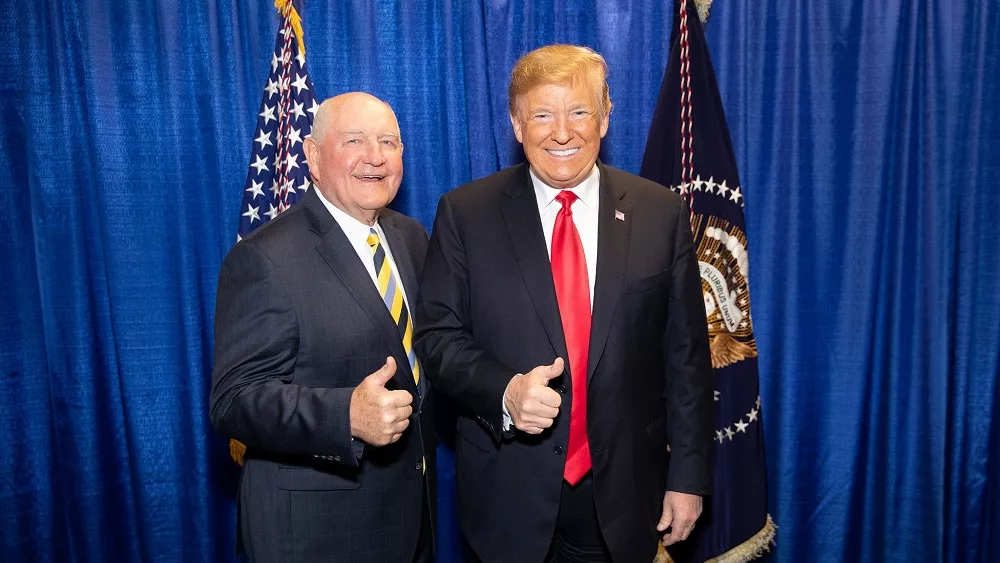
Last week, Mexican officials issued a decree calling for a ban on imports of some biotech corn used for certain purposes. That ban began last Friday.
“It is perplexing why the President of Mexico has taken his people in that direction for so long,” says Ted McKinney, former USDA Undersecretary for Trade and Foreign Agricultural Affairs and current CEO of the National Association of State Departments of Agriculture.
Mexico’s original decree called for an end to imports of genetically modified corn by 2024. McKinney believes Mexico’s president needs to reevaluate how tenable the decree is.
“There’s just no turning away from sourcing a product like we have, particularly yellow corn. And if they want to start transitioning to non-GM, okay, let’s get the signals to do that and we’ll happily do that. But then it’s oh so expensive for his people. So, he’s got to redo his calculus to be very honest.”
Ag Secretary Tom Vilsack visited Mexico recently to share that the US won’t compromise or back down on its stance against the ban of GM corn. Current Undersecretary for Trade Alexis Taylor and Doug McKalip, Chief Ag Negotiator for the US Trade Representative’s Office, echoed that sentiment in a follow up trip.
Instead of providing a science-based response, Mexico instead handed down this decree, doubling down on their stance and moving up their timeline.
McKinney says he appreciates how strong Vilsack, Taylor, and McKalip have been on the issue. Some GOP senators have called for them to take legal action against Mexico under USMCA.
“Many of us would like to have gotten this done in January because you need about a year to take a USMCA lawsuit forward. So, every month that goes by, we’re losing an extra month and therein taking in the threat of a decree getting enacted. But I think they’ve done the right thing. Sometimes, you’ve got to bite your tongue once, twice, three times, maybe even four times on this one. But I think the trend is in the right direction. I think it’s going to be resolved. I’m appreciative that we’ve been strong and yet respectful.”
A ban on US corn coming from our number one export partner would certainly be a huge blow to farmers. Lost in all this, as McKinney points out, is that technology companies like Indiana-based Corteva have had to sit back and wait before releasing new technology that would help farmers.
“I think they were ready to roll out a new trait, I think it was in corn, maybe corn and soybeans, a year ago, and here now maybe a second year they’ve been denied. And the same could be said for other technology providers whether it’s Bayer or Syngenta or others.”
The Mexican government also decreed it would continue to allow imports of biotech corn used as animal feed while exploring substitutes.
Again, McKinney believes that the situation will ultimately get resolved. It might just take more time than we’d like it to.




